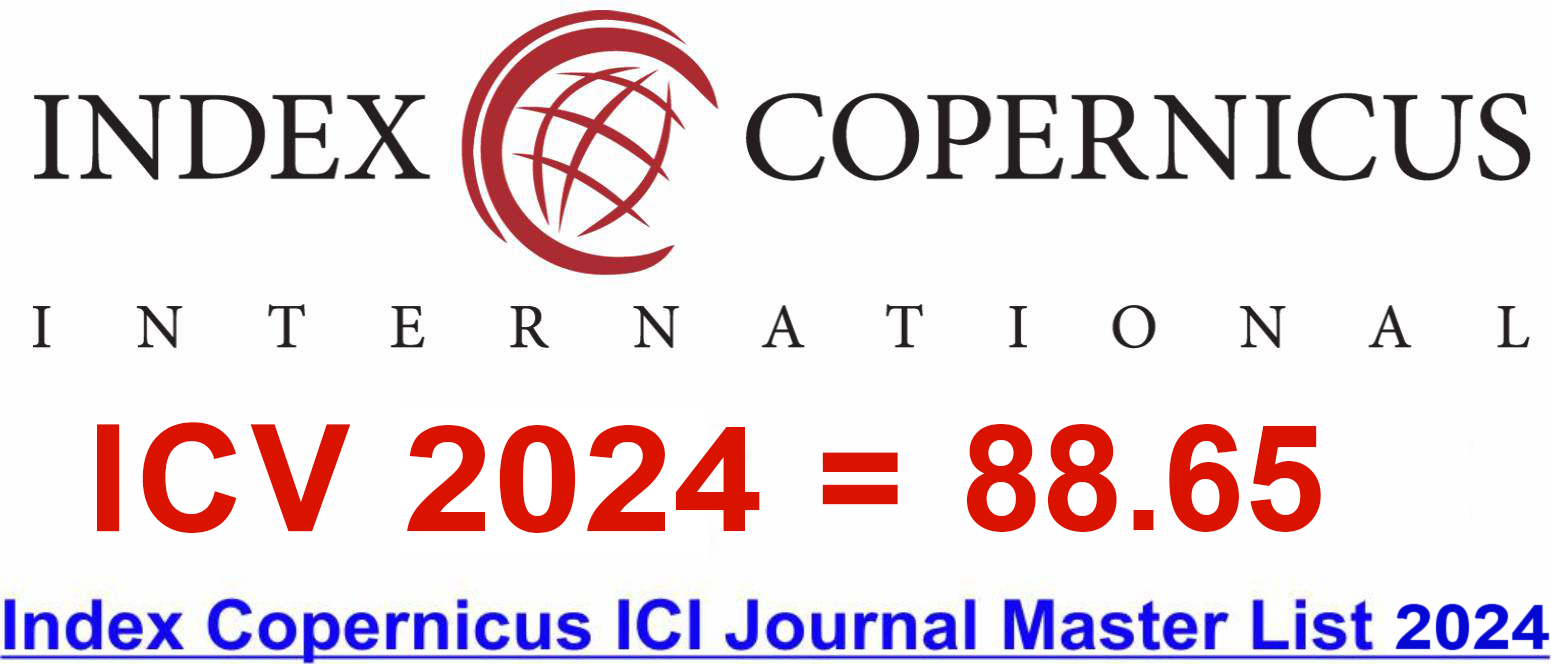Abstract
Financial services are undergoing disruption at a breakneck pace led by the rapid emergence of FinTech. This article aims to assess the impact and potential of FinTech innovations by examining how they disrupt incumbent financial systems and generate new possibilities for service providers as well as consumers. It aims to offer a sound, overall conceptual framework explaining FinTech’s contribution in transforming the financial environment, highlighting underlying trends, technologies and business models that drive this revolution. The construction of the present manuscript is exploratory in nature and provides an overview of some important domains related to FinTech, like blockchain, digital banking, peer-to-peer lending and robo-advisory services. By combining academic and industry viewpoints, it reveals the most relevant areas of opportunity as well as considerable challenges resulting from FinTech disruption. Results include greater visibility into how FinTech is increasing financial inclusion, driving down the cost of transactions and how FinTech continues to make a more personalised financial marketplace possible. The contributions of this article are as follows: (i) critical examination of the integration of FinTech into broader financial systems, including an updated assessment of the innovation process, regulatory practices adopted and future pipeline directions; and (ii) new dimensions in understanding FinTech, its growth and challenges. The potential implications for policymakers, incumbents, and entrants, however, are profound, as there are new paths to growth and investment and collaboration in a digital world. Although the article provides an in-depth analysis, as the FinTech is fast-moving, there could be unforeseen application issues or opportunities that are not covered by this analysis, becoming a limitation. Nonetheless, its originality lies in filling a void by incorporating other levels and ages of the FinTech revolution, which allows for an estimation of trends for the future development of the marketisation of financial services.
References
- Adelaja AO, Umeorah SC, Abikoye BE, Nezianya MC. Advancing financial inclusion through fintech: Solutions for unbanked and underbanked populations. World Journal of Advanced Research and Reviews. 2024;23(01):427-38. https://doi.org/10.30574/wjarr.2024.23.2.2379
- Gajula S. Architectural transformation of legacy financial systems: a framework for microservices, cloud, and API integration. Int. J. Inform. Technol. Manag. Inform. Syst. 2025;16(2):1201-18. https://doi.org/10.34218/IJITMIS_16_02_075
- Shittu AK. Advances in AI-driven credit risk models for financial services optimization. International Journal of Multidisciplinary Research and Growth Evaluation. 2022 Jan;3(1):660-76. https://doi.org/10.54660/.IJMRGE.2022.3.1-660-676
- Sampat B, Mogaji E, Nguyen NP. The dark side of FinTech in financial services: a qualitative enquiry into FinTech developers’ perspective. International Journal of Bank Marketing. 2024 Jan 22;42(1):38-65. https://doi.org/10.1108/IJBM-07-2022-0328
- Quintero RV, Quintero FB. Fintech and consumer expectations: A global perspective. IEEE Technology and Engineering Management Society Body of Knowledge (TEMSBOK). 2023 Dec 8:21-52. https://doi.org/10.1002/9781119987635.ch2
- Gomber P, Kauffman RJ, Parker C, Weber BW. On the fintech revolution: Interpreting the forces of innovation, disruption, and transformation in financial services. Journal of management information systems. 2018 Jan 2;35(1):220-65. https://doi.org/10.1080/07421222.2018.1440766
- Varga D. Fintech, the new era of financial services. Vezetéstudomány-Budapest Management Review. 2017;48(11):22-32. https://doi.org/10.14267/VEZTUD.2017.11.03
- Arkanuddin MF, Saragih FD, Nugroho BY. The key role of the financial regulation in fintech ecosystem: A model validation. Studies of Applied Economics. 2021 Nov 26;39(12). https://doi.org/10.25115/eea.v39i12.6239
- Yuzbaşıoğlu N. HOW DOES THE FINTECH INNOVATION WAVE AFFECT FINANCIAL MARKETS, THE BANKING INDUSTRY, AND CUSTOMER BEHAVIOR?. Journal of Research in Business. 2023;8(2):549-74. https://doi.org/10.54452/jrb.1350890
- Jackson D, Dunbar K, Sarkis J, Sarnie R. Advancing Fintech through a transdisciplinary approach. IScience. 2023 Sep 15;26(9). https://doi.org/10.1016/j.isci.2023.107694
- Scardovi C. Fin Tech innovation and the disruption of the global financial system. InRestructuring and innovation in banking 2016 Oct 6 (pp. 21-49). Cham: Springer International Publishing. https://doi.org/10.1007/978-3-319-40204-8_2
- Hamdouna M, Khmelyarchuk M. Technological Innovations Shaping Sustainable Competitiveness—A Systematic Review. Sustainability. 2025 Feb 25;17(5):1953. https://doi.org/10.3390/su17051953
- Anand D, Mantrala M. Responding to disruptive business model innovations: the case of traditional banks facing fintech entrants. Journal of Banking and Financial Technology. 2019 Apr 10;3(1):19-31. https://doi.org/10.1007/s42786-018-00004-4
- Deb A. Challenges and Opportunities in Fintech Regulation. Examining Global Regulations During the Rise of Fintech. 2025:187-220. https://doi.org/10.4018/979-8-3693-3803-2.ch008
- Gao M, Leung H, Liu L, Qiu B. Consumer behaviour and credit supply: evidence from an Australian FinTech lender. Finance Research Letters. 2023 Nov 1;57:104205. https://doi.org/10.1016/j.frl.2023.104205
- Ferilli GB. FinTech Challenges and Opportunities in a Global Perspective. Bank-FinTech M&As and Banking Innovation: A Performance Assessment of the Global Banking System. 2025 Mar 25:37-53. https://doi.org/10.1007/978-3-031-84445-4_3
- Cumming D, Johan S, Reardon R. Global fintech trends and their impact on international business: a review. Multinational Business Review. 2023 Aug 3;31(3):413-36. https://doi.org/10.1108/MBR-05-2023-0077
- Mahalle A, Yong J, Tao X. Regulatory challenges and mitigation for account services offered by FinTech. In2021 IEEE 24th international conference on computer supported cooperative work in design (CSCWD) 2021 May 5 (pp. 280-287). IEEE. https://doi.org/10.1109/CSCWD49262.2021.9437631
- Romānova I, Kudinska M. Banking and fintech: A challenge or opportunity?. InContemporary issues in finance: Current challenges from across Europe 2016 Nov 22 (Vol. 98, pp. 21-35). Emerald Group Publishing Limited. https://doi.org/10.1108/S1569-375920160000098002
- Schuetz S, Venkatesh V. Blockchain, adoption, and financial inclusion in India: Research opportunities. International journal of information management. 2020 Jun 1;52:101936. https://doi.org/10.1016/j.ijinfomgt.2019.04.009
- Mustafa JA, Marie A, Al-Amarneh A, Al-Abbadi A. The role of fintech payment instruments in improving financial inclusion. Information Sciences Letters. 2023;12(6):2659-70. http://dx.doi.org/10.18576/isl/120637
- Ashrafuzzaman M, Parveen R, Sumiya MA, Rahman A. AI-powered personalization in digital banking: A review of customer behavior analytics and engagement. American Journal of Interdisciplinary Studies. 2025 Mar 28;6(1):40-71. https://doi.org/10.63125/z9s39s47
- Maulana S, Nasution IM, Shino Y, Panjaitan AR. Fintech as a financing solution for micro, small and medium enterprises. Startupreneur Business Digital (SABDA Journal). 2022 Apr 25;1(1):71-82. https://doi.org/10.33050/sabda
- Fermay AH, Santosa B, Kertopati AY, Eprianto IM. The development of collaborative model between fintech and bank in Indonesia. InProceedings of the 2nd International Conference on E-commerce, E-Business and E-Government 2018 Jun 13 (pp. 1-6). https://doi.org/10.1145/3234781.3234783
- Stewart H, Jürjens J. Data security and consumer trust in FinTech innovation in Germany. Information & Computer Security. 2018 Mar 12;26(1):109-28. https://doi.org/10.1108/ICS-06-2017-0039
- Moro-Visconti R, Cesaretti A. FinTech and digital payment systems valuation. InDigital Token Valuation: Cryptocurrencies, NFTs, Decentralized Finance, and Blockchains 2023 Oct 20 (pp. 411-458). Cham: Springer Nature Switzerland. https://doi.org/10.1007/978-3-031-42971-2_13
- Agarwal S, Zhang J. FinTech, lending and payment innovation: A review. Asia‐Pacific Journal of Financial Studies. 2020 Jun;49(3):353-67. https://doi.org/10.1111/ajfs.12294
- Del Sarto N, Ozili PK. FinTech and financial inclusion in emerging markets: a bibliometric analysis and future research agenda. International Journal of Emerging Markets. 2025 Apr 11;20(13):270-90. https://doi.org/10.1108/IJOEM-08-2024-1428
- Shinkevich AI, Kudryavtseva SS, Samarina VP. Ecosystems as an Innovative Tool for the Development of the Financial Sector in the Digital Economy. Journal of Risk and Financial Management. 2023 Jan 25;16(2):72. https://doi.org/10.3390/jrfm16020072
- Shalini S. DISRUPTING THE FINANCIAL LANDSCAPE: AN ANALYSIS OF FINTECH INNOVATIONS AND THEIR IMPACT. Journal of Commerce & Accounting Research. 2025 Oct 1;14(4). https://doi.org/10.21863/jcar/2025.14.4.001
- Qiu M, Yin H. ESG performance and financing cost of enterprises under the background of ecological civilization construction. Quant. Econ. Technol. Econ. Res. 2019;36(1):108-23. https://doi.org/10.13653/J.CNKI.Jqte.2019.03.007
- Kumar N, Jensen HJ, Viegas E. Economic Trading Susceptibility: Constructing Networks of Mutual Influence through the Fitness of Countries. Entropy. 2023 Jan 10;25(1):141. https://doi.org/10.3390/e25010141
- Kumar SV, Unnisa N. A study on UPI transactions in India. International Journal of Advances in Business and Management Research (IJABMR). 2024 Mar 12;1(3):8-22. https://doi.org/10.62674/ijabmr.2024.v1i03.002
- Bhowmik D. Evaluating Fair Practices Code Compliance in India’s Housing Finance Sector: A Comparative Study of Banks, HFCs, Borrowers’& Lenders’ Perception. International Journal of Advances in Business and Management Research (IJABMR). 2025 Sep 12;3(1):35-45. https://doi.org/10.62674/ijabmr.2025.v3i01.004















